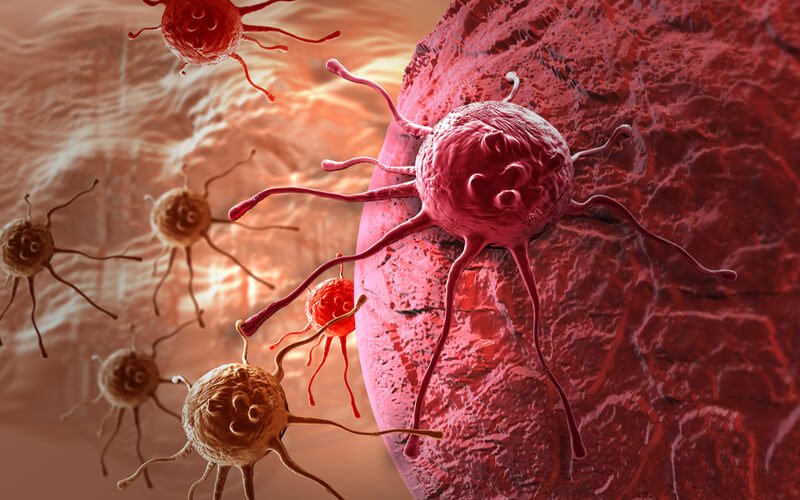It’s because of the stem cells. Cornell University researchers determined that for testicular cancer, those cells are more capable of responding to chemotherapy, and they do so better than stem cells in other forms of cancer. And this effectiveness takes place with testicular cancer even after it metastasizes.
“We conclude that the chemosensitivity of TGCTs,” or testicular germ cell tumors, the authors wrote in their study, “derives from the sensitivity of their cancer stem cells to DNA-damaging chemotherapy.” The paper was published Tuesday in the journal Cell Reports.
…
“The study provides new insights into the basis for the responsiveness of testicular cancer to chemotherapy, said Professor Robert Weiss, the study’s senior author, from Cornell’s College of Veterinary Medicine. He added that this has “always been an intriguing observation, but the basis for it was not clear.”
…
Testicular cancer primary affects younger men between 18 and 40 years old. And research performed showed that as men age, the cells that are susceptible to transforming into cancerous ones become more resistant to do so. In the group’s other significant finding, researchers also confirmed that the risk for this type of cancer is determined in utero.
The GLP aggregated and excerpted this blog/article to reflect the diversity of news, opinion, and analysis. Read full, original post: Here’s Why Testicular Cancer Responds Better To Chemo Than Other Cancers































